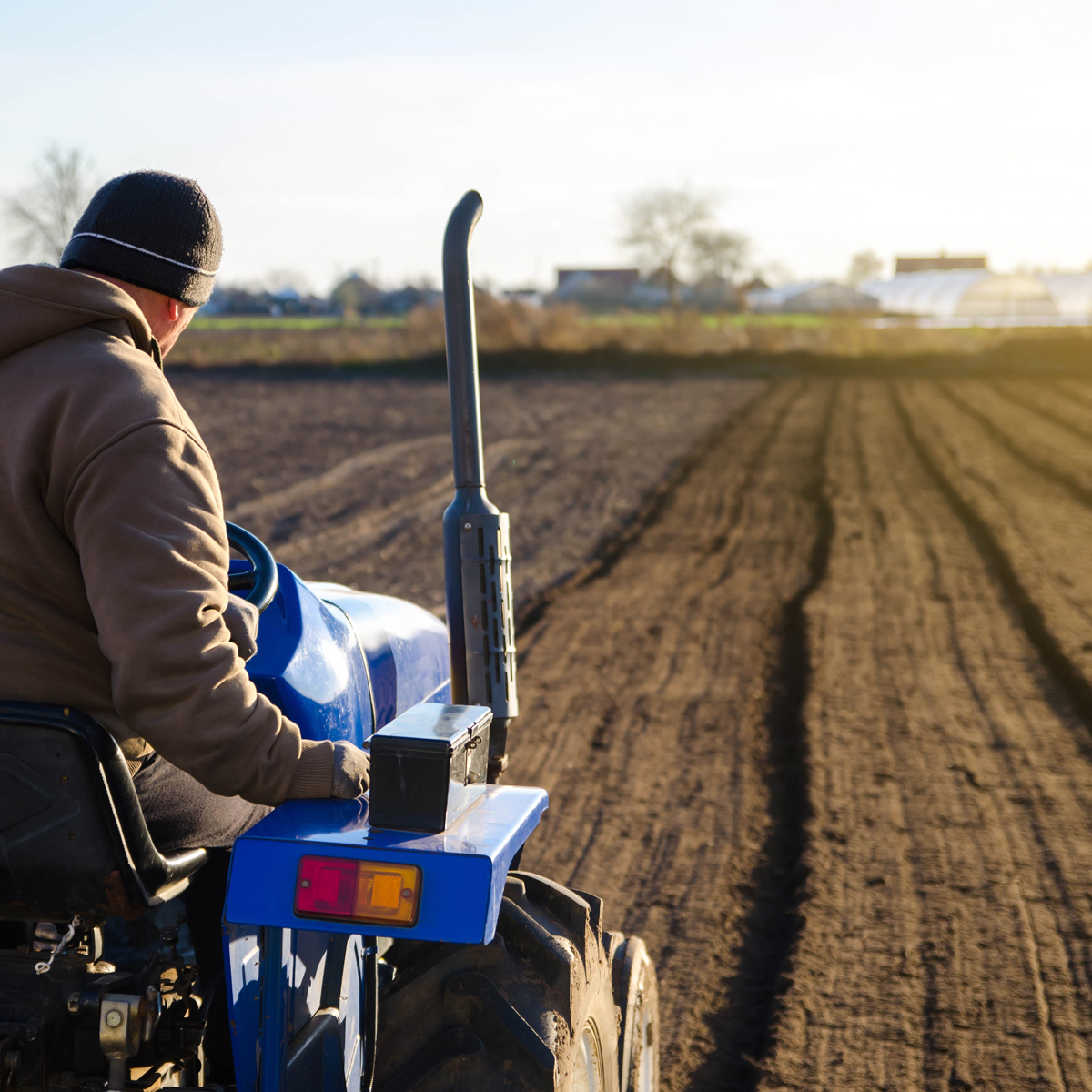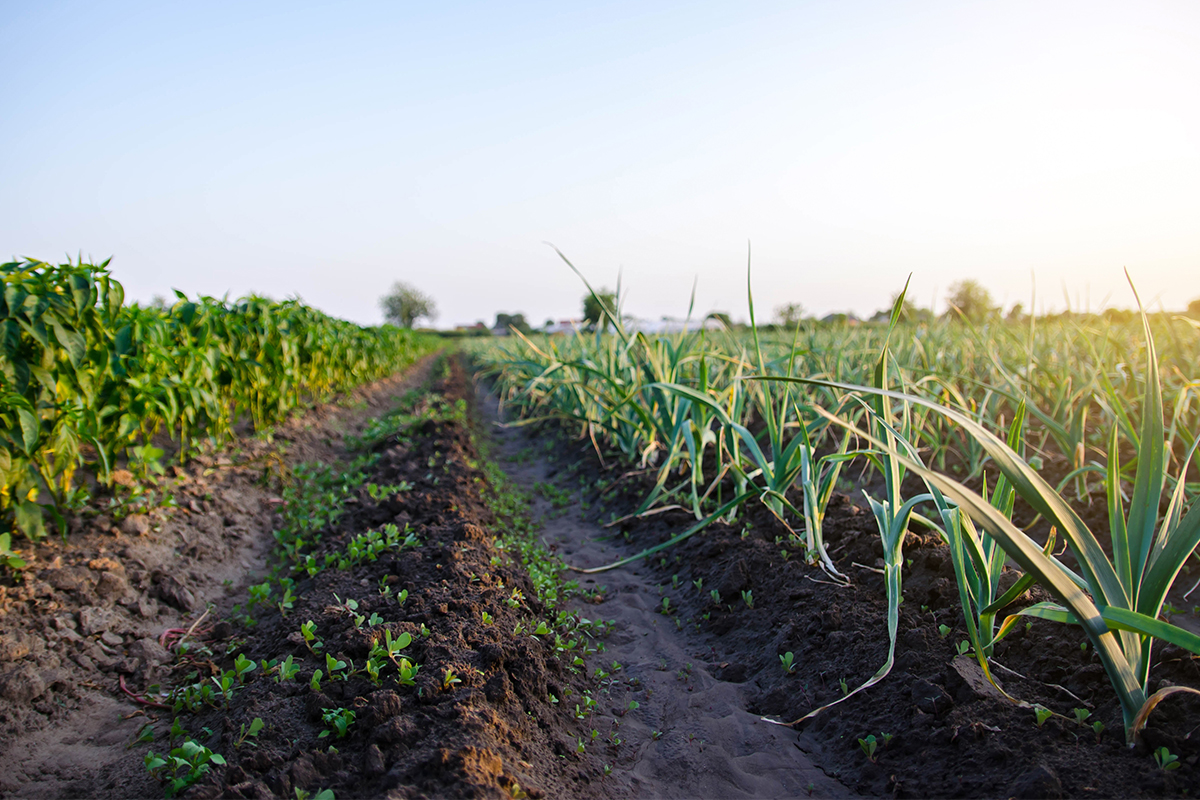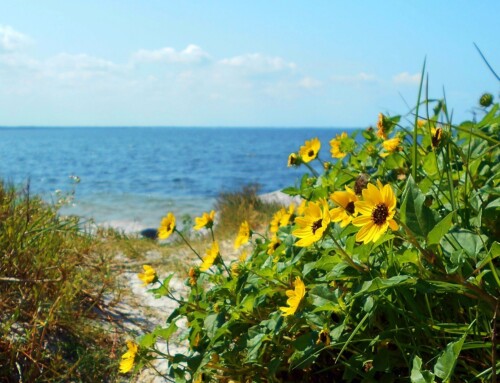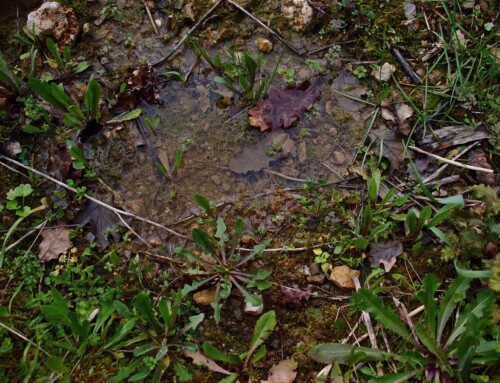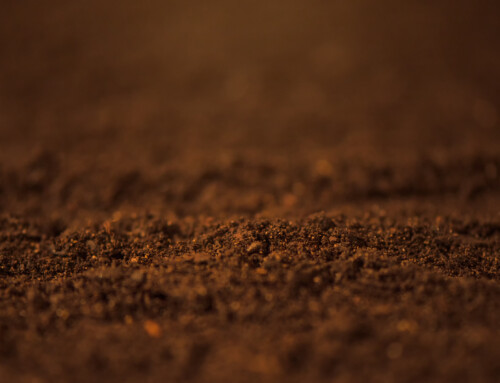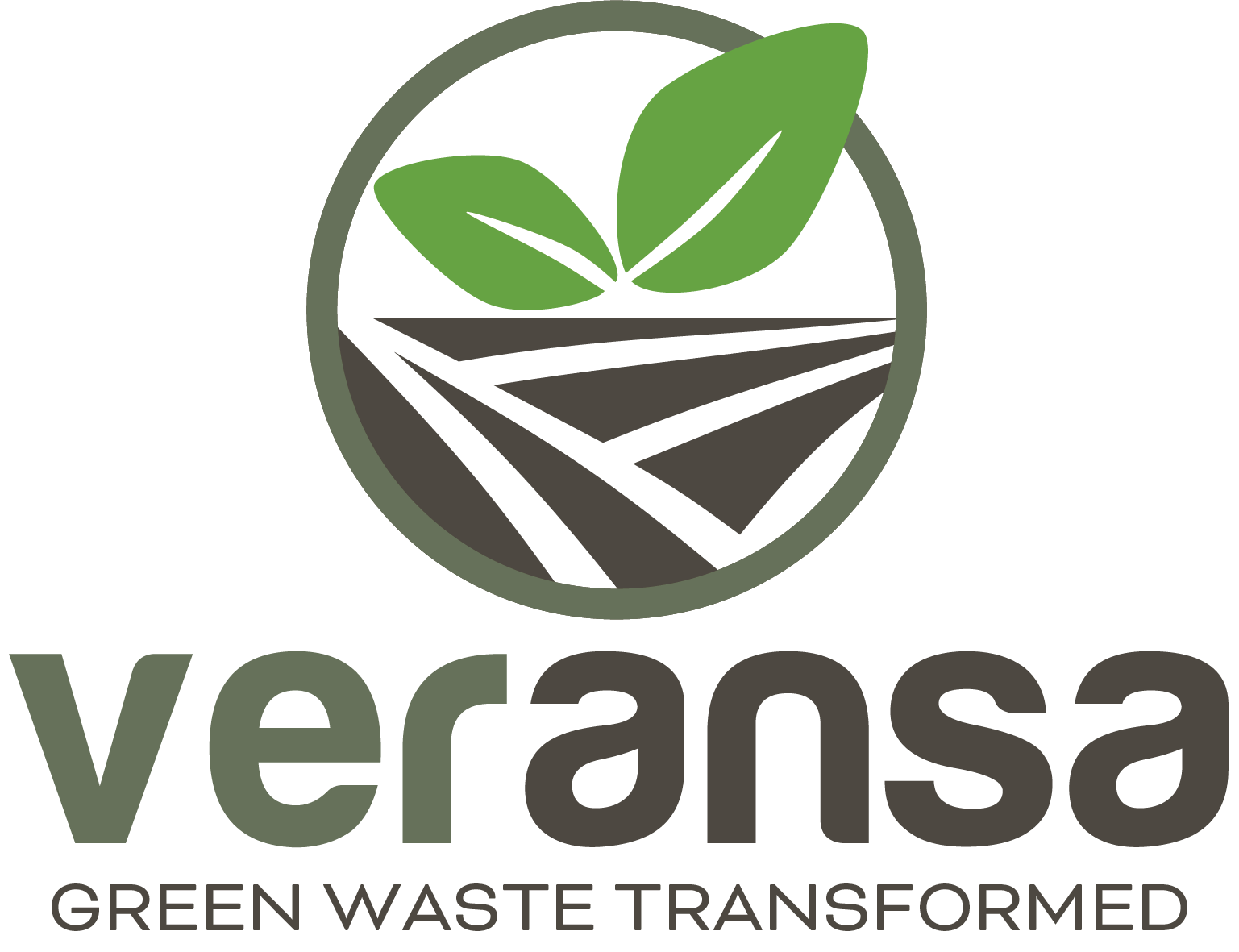Industrial agriculture conventionally utilizes chemicals to protect crops from weeds, insects, and disease. However, these chemicals sabotage the very soil that the crops need to survive and thrive. Chemical fertilizers damage the natural soil ecosystem and reduce the vital minerals and nutrients needed for successful harvests of fruits, vegetables, and trees. Due to the proliferation of conventional agriculture, a large amount of critical topsoil has disappeared. In the past 150 years, nearly 50% of the fertile soil in the world has vanished. The remaining soil is expected to last only six more decades, meaning young people alive today may face food challenges if steps are not taken to remedy the situation. This is where regenerative agriculture becomes so important.
Regenerative agriculture replenishes soil rather than depleting it. In lieu of synthetic fertilizers, it uses natural and organic solutions to create and maintain healthy soil ecosystems. Farmers facilitate soil biodiversity by building up organic matter, rooting perennial crops, utilizing layers of mulch, and adopting low—or no-till practices. These key initiatives ultimately result in healthier, more productive land and less polluted watersheds.
In short, regenerative farming restores nature’s balance, making it easier for farmers to grow more nutritious and sustainably produced food.
What are Some Methods Used in Regenerative Farming?
Organic Composting: Organic materials, such as food and yard waste and grass clippings, work together to create rich, robust compost. The composting process works through decomposition – as the materials blend together, they break down into a topsoil that makes nutrients available to plants and trees growing in the area. Compost continually returns to the soil to support another growing season for the crops.
Organic Fertilizers: While synthetic fertilizers can severely damage soil ecosystems, organic fertilizers can significantly enhance soil health. The healthier the regenerated soil is, the more resilient it is when Florida’s severe weather arrives or when drought and other adverse environmental conditions occur. In addition to various types of compost, efficient microorganisms in the soil mix with compost to restore the structure of the earth. These microorganisms consist of the microbes, yeast, and bacteria that facilitate photosynthesis. These naturally occurring microorganisms work together to sustain and improve overall crop health,
Organic Mulch: Healthy soil needs continual moisture, but when soil isn’t adequately covered, it’s less capable of retaining moisture from rainfall. Dry soil means that more irrigation is necessary. However, when mulch is spread on the ground, it helps to safeguard against weed growth and retain precious soil moisture. Organic mulch will eventually decompose and return essential nutrients and minerals to the soil, increasing its fertility.
Cover Cropping: Covering the topsoil with plants will protect the ground from extreme fluctuations in weather and facilitates the exchange of nutrients above and below the surface. The plants function much like organic mulch – protecting the integrity of the soil structure, stunting weed growth, and improving moisture retention. Keeping the soil covered guarantees that critical minerals and nutrients such as nitrogen remain underground, lessening the need for fertilizers. Rather than leaving fields bare after the harvest is complete, cover crops support ecological balance all year long.
Veransa Supports Regenerative Agriculture
Veransa works with homeowners and municipalities to transform green, yard and wood waste into rich organic composts, mulches and topsoil. Our products are ideal for those interested in regenerative agriculture and restoring the quality and health of Florida soil. Click here to learn more and to shop our products.
Veransa operates 5 area locations for drop off and processing of yard waste.

